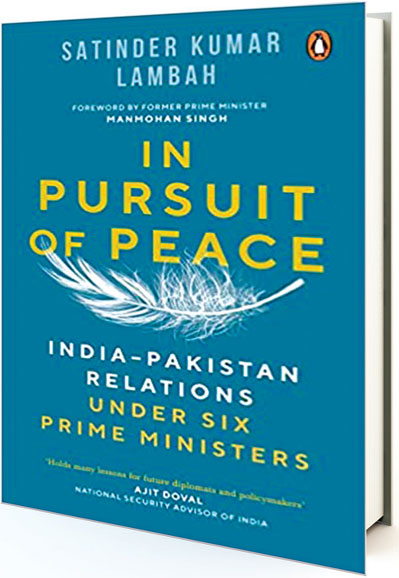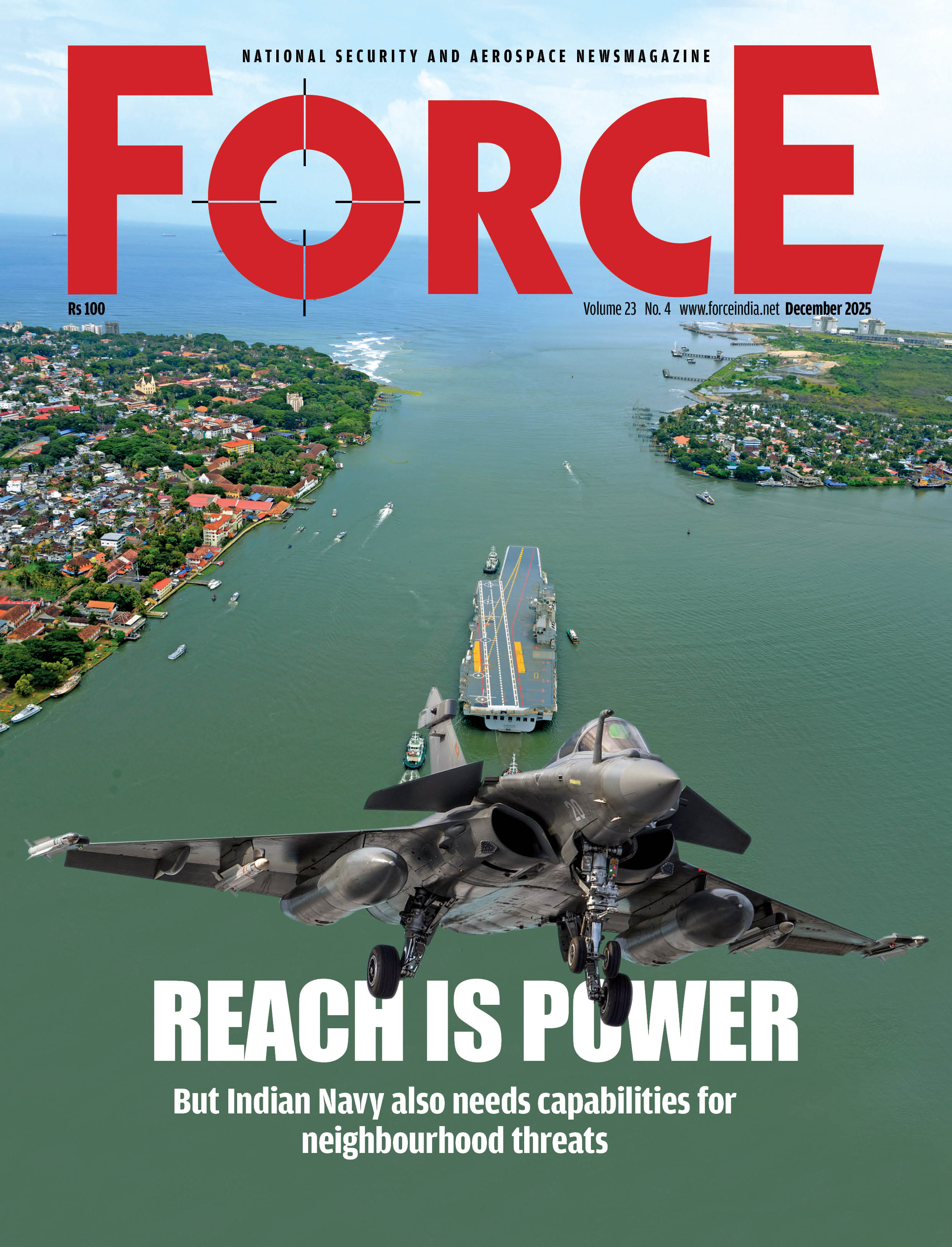Close to Peace
Ambassador S.K. Lambah’s book would be useful for all future interlocutors whenever India-Pakistan decide to resume the dialogue
Pravin Sawhney

Relations between India and Pakistan have been on a roller coaster ride with wars and hopes of peace. This has created scores of specialists with umpteen books entering the market each year. Ambassador S.K. Lambah’s book In Pursuit of Peace on these bedevilled relations stands apart. Having spent most of his foreign service career associated with Pakistan and having sought ways for peace under six Prime Ministers, Lambah’s observations are worth cogitation. Moreover, having been the Indian interlocutor in the back-channel talks with Pakistan from 2005 to 2014, Lambah provides exceptional insights on Pakistani mindset and perhaps some dots for the way forward.
I found Lambah’s suggestion for India to interact with the Pakistan army interesting and useful. He writes, ‘India finds itself in an awkward position because it has not yet grasped the art of fully tapping the army channel, and to that extent, is at a disadva
Subscribe To Force
Fuel Fearless Journalism with Your Yearly Subscription
SUBSCRIBE NOW
We don’t tell you how to do your job…
But we put the environment in which you do your job in perspective, so that when you step out you do so with the complete picture.







